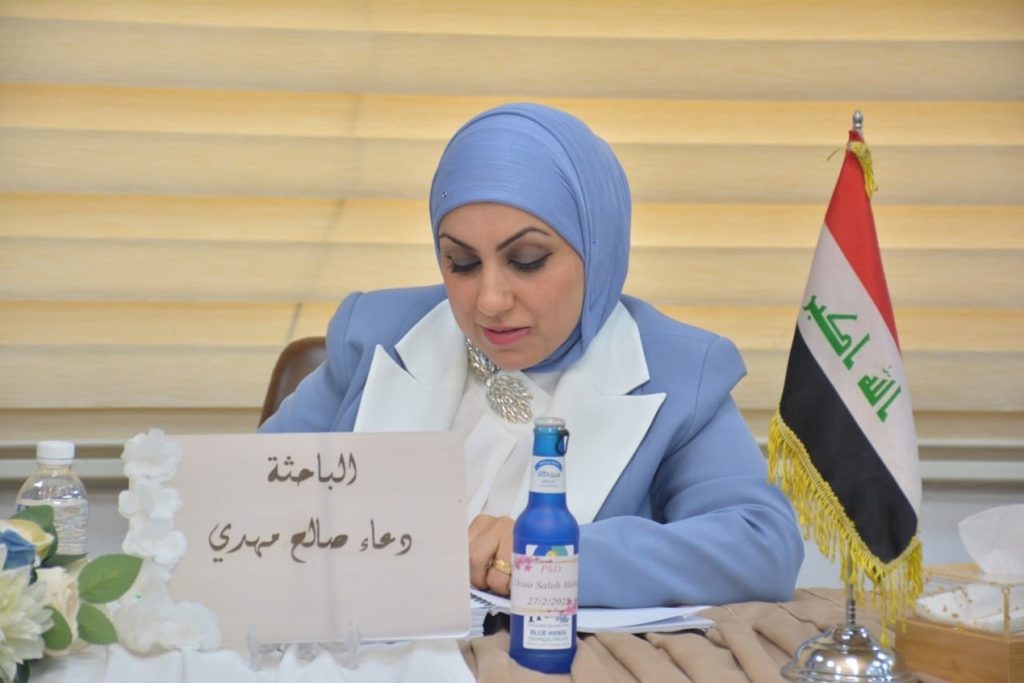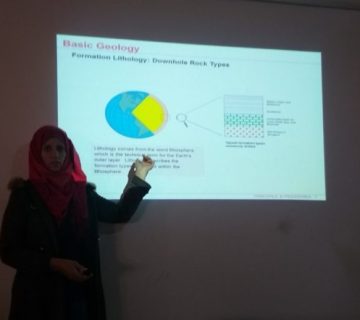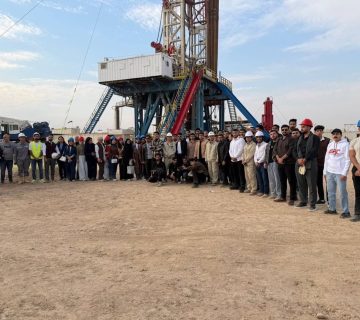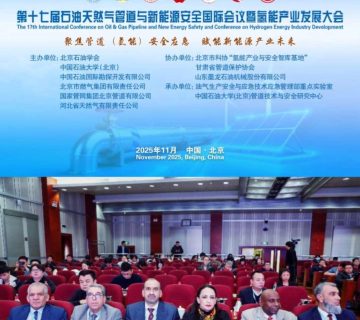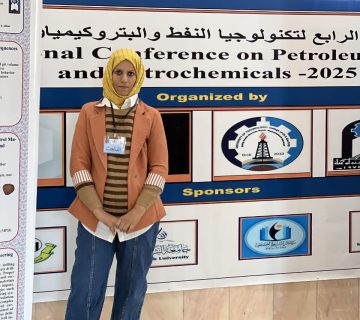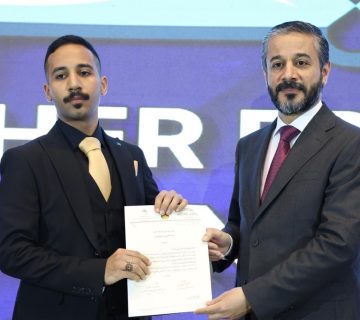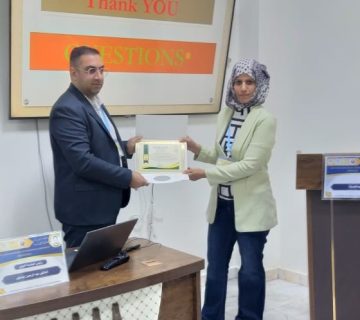On Thursday, February 27, 2025, the College of Engineering at the University of Baghdad held a public defense for the Ph.D. dissertation submitted by the student Doaa Ali Saleh from the Department of Petroleum Engineering, titled:
“Estimating of in-Situ Strength of Rock from Real Time Drilling Data using Conventional Regression Analysis and Machine Learning”
The defense was supervised by Prof. Dr. Eyad Abdul-Haleem Abdul-Razzaq, and took place in the postgraduate hall of the Petroleum Engineering Department.
The discussion committee consisted of the following esteemed members:
- Dr. Ghassan Hameed Abdul-Majeed – University of Baghdad, College of Engineering, Production Engineering – Chair
- Dr. Manal Shakir Ali – University of Baghdad, College of Science, Earth Sciences – Member
- Dr. Rafeed Kadhim Abbas – University of Al-Qadisiyah, College of Engineering, Chemical Engineering – Member
- Prof. Dr. Sameera Mohammed Hamdallah – University of Baghdad, College of Engineering, Reservoir Engineering – Member
- Prof. Dr. Hassan Abdul-Hadi Abdul-Hussein – University of Baghdad, College of Engineering, Drilling Engineering – Member
- Dr. Eyad Abdul-Haleem Abdul-Razzaq – University of Baghdad, College of Engineering, Drilling Engineering – Member and Supervisor
Study Objective:
To develop advanced methods for estimating key geomechanical properties (such as Young’s modulus, rock strength, friction angle, and pore pressure) and to enhance the efficiency and stability of drilling operations in the Rumaila oil field. The study also aimed to employ artificial intelligence and mathematical modeling to analyze real-time drilling data.
Study Summary:
New empirical equations were developed to accurately estimate Young’s modulus for carbonate, sandstone, and shale formations, reducing evaluation costs. The most suitable predictive equations for rock strength were identified for each geological formation using data from 12 wells. An artificial neural network (ANN) model was developed to estimate rock strength in real time with an accuracy exceeding 90%. Another ANN model was created to predict mud loss rate based on drilling variables and mud properties, with a high predictive accuracy (R = 0.995). The concept of Specific Mechanical Energy (SME) was applied to enhance drilling efficiency, resulting in an increase in the rate of penetration by up to 80% and a reduction in total drilling time by up to 50%.
Finally, the study provided effective and reliable alternatives to traditional methods, improving performance, reducing costs, and enhancing borehole stability.
After an extensive scientific discussion by the committee and hearing the student’s defense and evaluation of the dissertation, the committee decided to award the student a Ph.D. in Petroleum Engineering, wishing her continued success in her academic and research journey.


